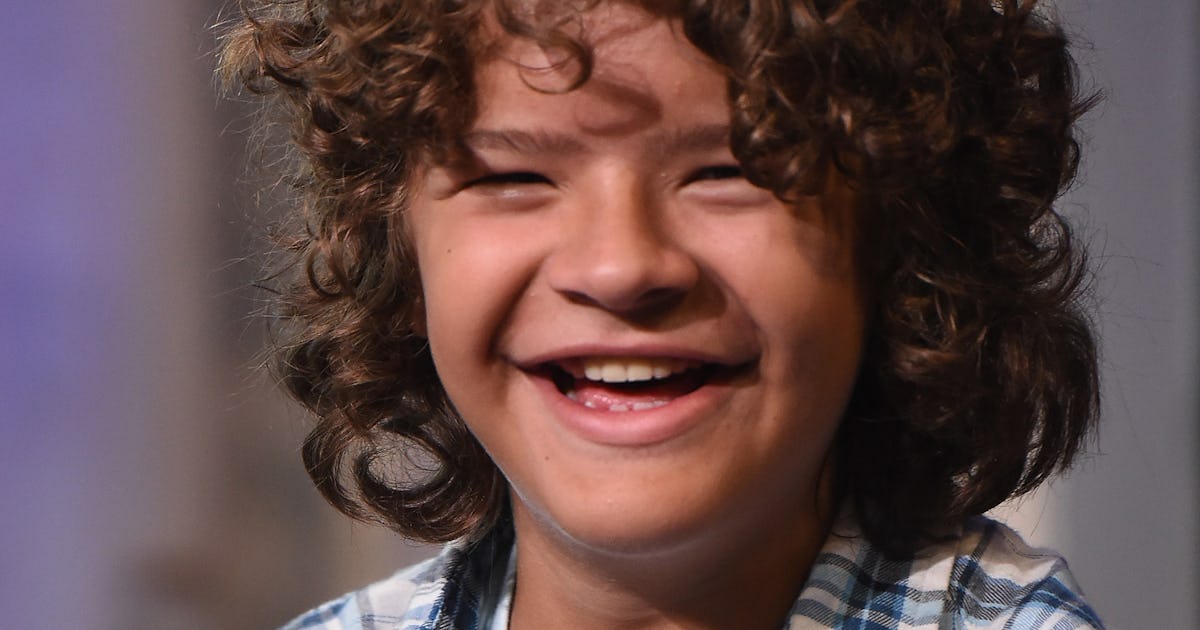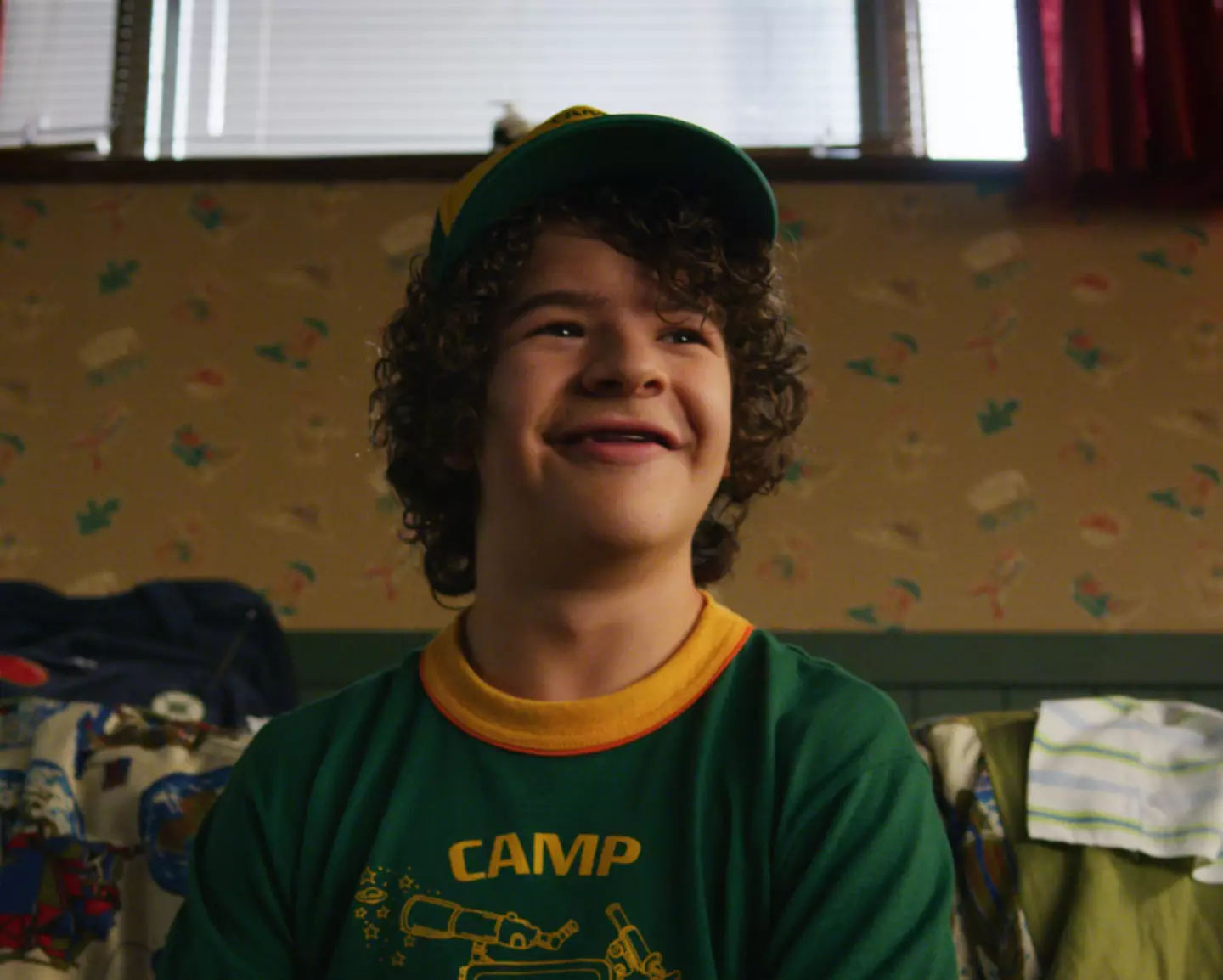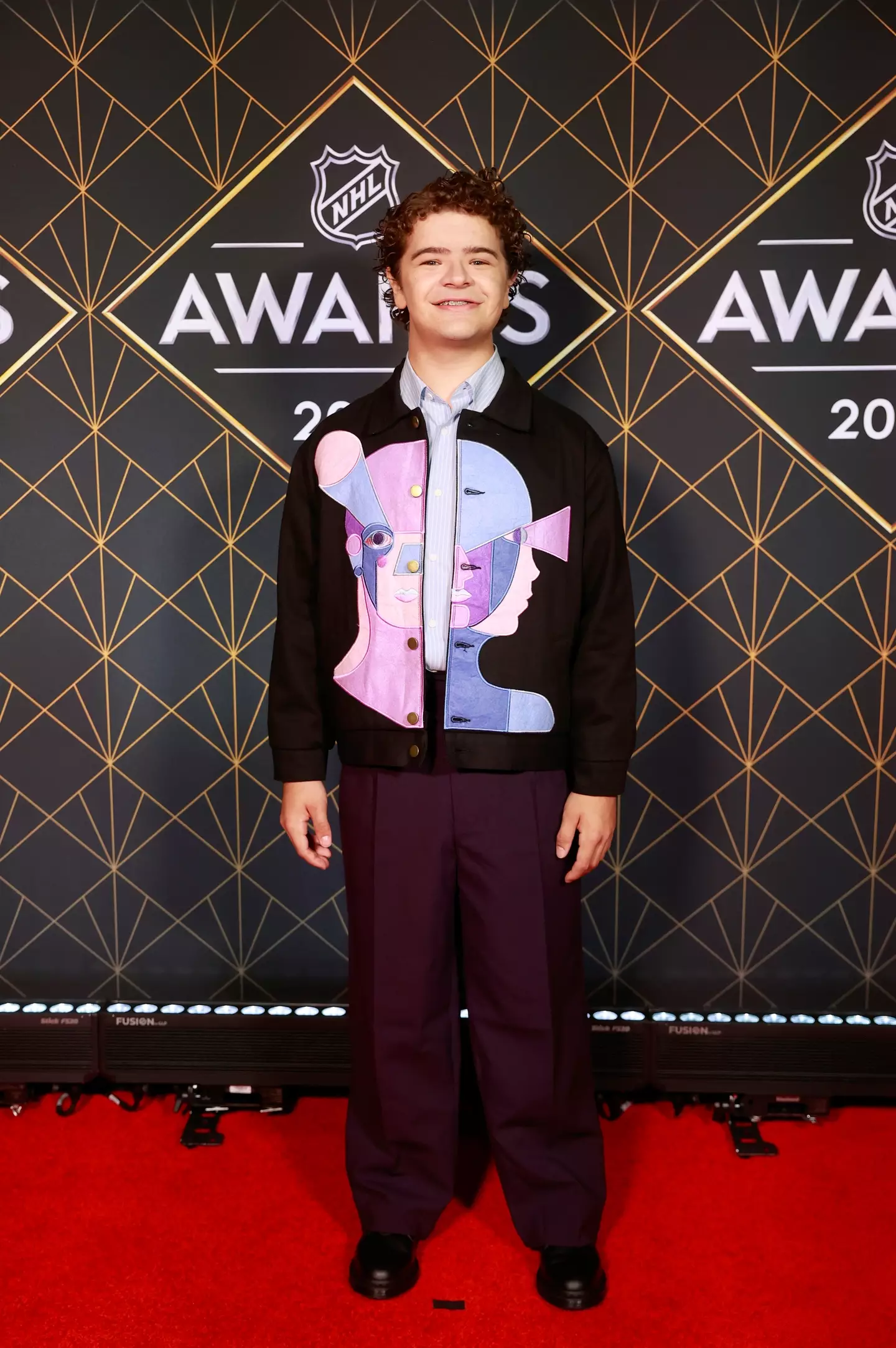
At this point, the next season of Stranger Things seems like a distant dream. Yeah, yeah, I know it’s being worked on but a 2025 release when the last one came out in 2022 feels like forever.
But, at least with it being on Netflix we can still binge it and remember all the little details and big moments. Like how Gaten Matarazzo’s rare condition was written into the hit show.
Stranger Things 4 Volume 2: Official Trailer
Credit: Netflix
0 seconds of 1 minute, 46 secondsVolume 90%
Turning 22 on Sunday (8 September), the young star had a couple of credits to his name already but truly launched into international fame when he landed on our screens as Dustin Henderson in Stranger Things.
And in the very first episode all the way back in 2016 (yes, like I said, it’s been that long), his condition was brought up.
Defending himself against bullies by explaining his teeth are ‘coming in’, his character says: “It’s called cleidocranial dysplasia.”

Gaten Matarazzo spoke about his condition at his Stranger Things audition (Netflix)
Unlike the Upside Down, cleidocranial dysplasia is very real, and is actually a genetic disorder which affects the development of the bones and teeth.
Following his casting on the show, Matarazzo explained how the condition has impacted him in real life.
He told The Doctors in a 2018 interview that it was ‘one of the biggest reasons’ why he hadn’t been getting roles, but when he auditioned for Stranger Things he started explaining what it was, and later learned it would be incorporated.
“Once I got the part, they said they’re gonna incorporate that and use it in a realistic way,” he explained. “They asked me if it was okay if the kids in the show had bullied me because of it. I said it’s totally cool. It’s realistic.”
Tweet not found
The embedded tweet could not be found…
Speaking on The Jonathan Ross Show in 2016, Matarazzo further explained the condition, saying: “It’s a condition where you are born without your collarbones; I don’t have any. It affects your facial growth, your skull growth, it affects your teeth. That’s why I don’t have any – these are fake – I have teeth but they’re all baby teeth.
“I just want to raise awareness for it and let people know that it’s not something that you should be afraid of showing.”

We’ve basically watched him grow up on our screens (Jeff Vinnick/NHLI via Getty Images)
Matarazzo was praised for his candour in the wake of his appearance, with one appreciative fan writing: “Woke up to Gaten Matarazzo raising awareness of cleidocranial dysplasia, I love this kid.”
Dr David A. Staffenberg previously told Self cleidocranial dysplasia is estimated to affect one in a million people, but noted the actual rate could be higher because the effects can be mild, and therefore more difficult to spot.
It can also impact a huge range of places on the body, ‘from the very top of the head all the way down literally to the bottom of the feet’.